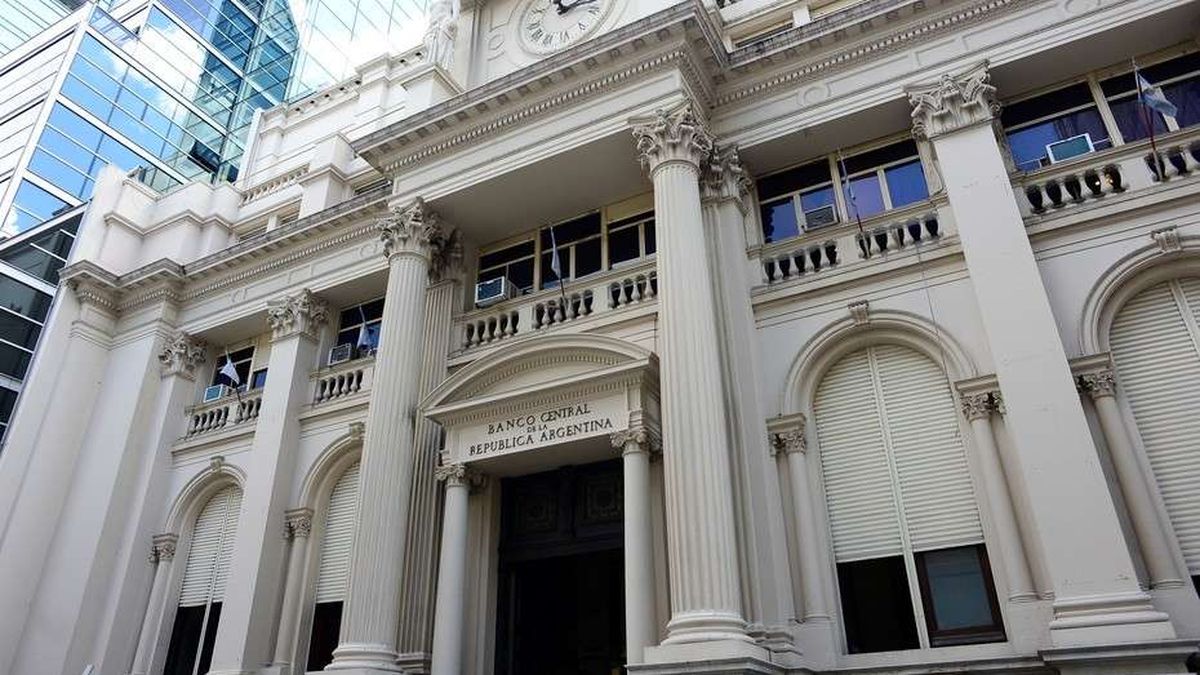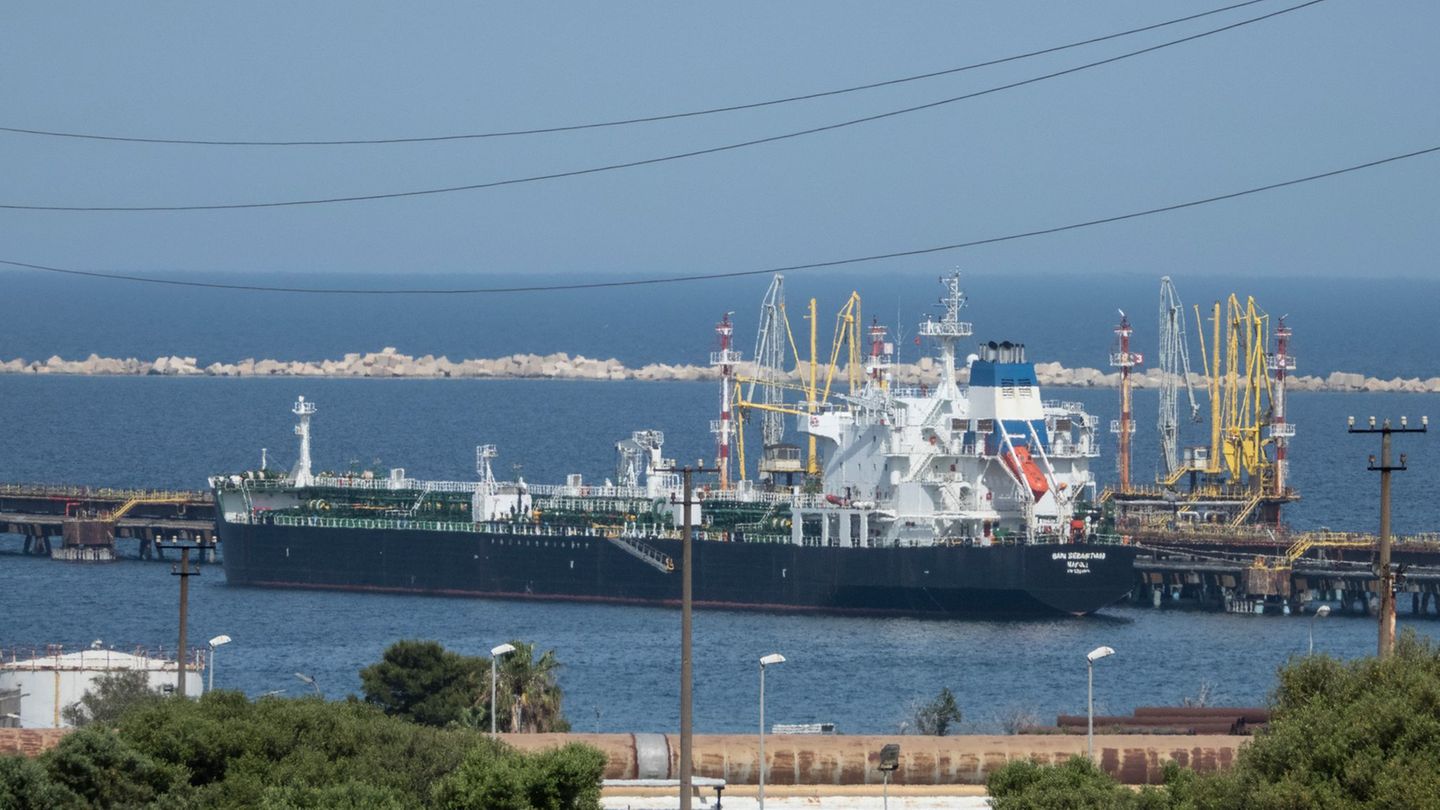Thus, from the consulting firm led by the economist Sergio Chouza they analyzed the “trilemma of impossibility” What the government is currently facing: “Implement policies to increase reserves, lower inflation and maintain growth.”
The analysis also noted that the agreement with the IMF “imposed a demanding reserve accumulation curve in the coming years”. “The lack of reserves transmits upward pressure on the price of the dollar in the different markets. Eventual jumps will imply a relief for the dynamics of the reserves, but in turn will have consequences on the productive dynamics, as a result of the fact that the devaluation is recessive when the budget restriction is severe and does not give room to apply compensatory policies. The Government faces a zero-sum game, where it cannot guarantee the improvement of all the variables at the same time”, they added.
In this sense, according to a CESO report, “the goals of the agreement with the IMF, which were defined during the month of February and approved by Congress during March, are on track to be breached in the coming months”.
“At the end of June, we will clearly know whether or not two of the three macroeconomic goals were met. By June 30, the central bank must have accumulated net reserves for $4.8 billion and should not have transferred more than $438.5 billion to the Treasury in concept of transitory advances during 2022. These two official data will be known immediately at the end of the month. However, we will have to wait another month, approximately, to know the official data on the primary fiscal deficit, the third key goal in the agreement, which should not exceed $566.8 billion,” the CESO said.
Analysis
When analyzing the different aspects of the local economic reality and the impact that the agreement with the IMF may have had, Claudio Caprarulo, director of the Analytica consulting firm, told Ambit: “In the short term, it was known that the agreement with the IMF was ‘inflationary‘, since the increase in rates and the exchange rate leave a higher floor for this year”.
“In any case, beyond what the program proposes, its strength is always associated with fiscal and exchange variables, rather than with growth or, for example, inflation. It is reflected in four execution criteria: floating debt, primary deficit, monetary issue and reserve accumulation”, added the economist.
In this scenario, Caprarulo maintained: “From Analytica we support a growth of 4% of the economy for this year. Regarding inflation, our projection tells us that it is already located just above 70%almost 20 points more than in 2021”.
Regarding the goals set for the second quarter, he remarked: “The net reserve accumulation target is the most difficult of the entire year: $2.9 billion accumulation. There is still a month to go, but compliance seems unlikely. The same with respect to the primary deficit target. The program was designed before the impact of the war in Ukraine, the logical thing is that there is a recalibration of performance criteria adapt to the new scenario. Otherwise, the Government should make known how the effects of the war are going to be compensated in order to maintain the goals.”
Along the same lines, Diego Piccardo, an economist at the Fundación Libertad y Progreso, remarked: “The reserve goal is difficult to meetgiven that the largest period of liquidation of the field passed and it was not possible to buy foreign currency as they did last year. In the second semester, it is most likely that they will have a selling balance”.
With this premise, the alternatives left to the Central Bank can affect both activity and impact against inflation. “One of the tools that the BCRA has so that the deviation from the goal is as little as possible is to tighten the exchange rate and imports. In the event that these types of measures are proceeded with, it is natural that the activity will begin to slow down. An example is the conflict with auto parts, if they don’t allow imports, there will be no car production,” Piccardo said.
“The other tool that the BCRA has is to accelerate the devaluation of the exchange rate to accumulate more reserves. The problem with this measure is that it has an impact on inflation and, particularly, on food. Thus, there is a trade-off that the BCRA is going to have to overcome to get through the year and that the deviation from the goal is short enough for the IMF to grant it a waiver for non-compliance”, concluded the analyst.
Source: Ambito
David William is a talented author who has made a name for himself in the world of writing. He is a professional author who writes on a wide range of topics, from general interest to opinion news. David is currently working as a writer at 24 hours worlds where he brings his unique perspective and in-depth research to his articles, making them both informative and engaging.




